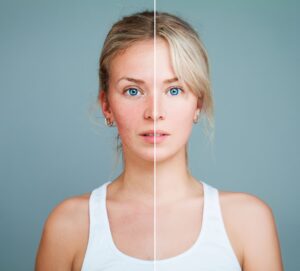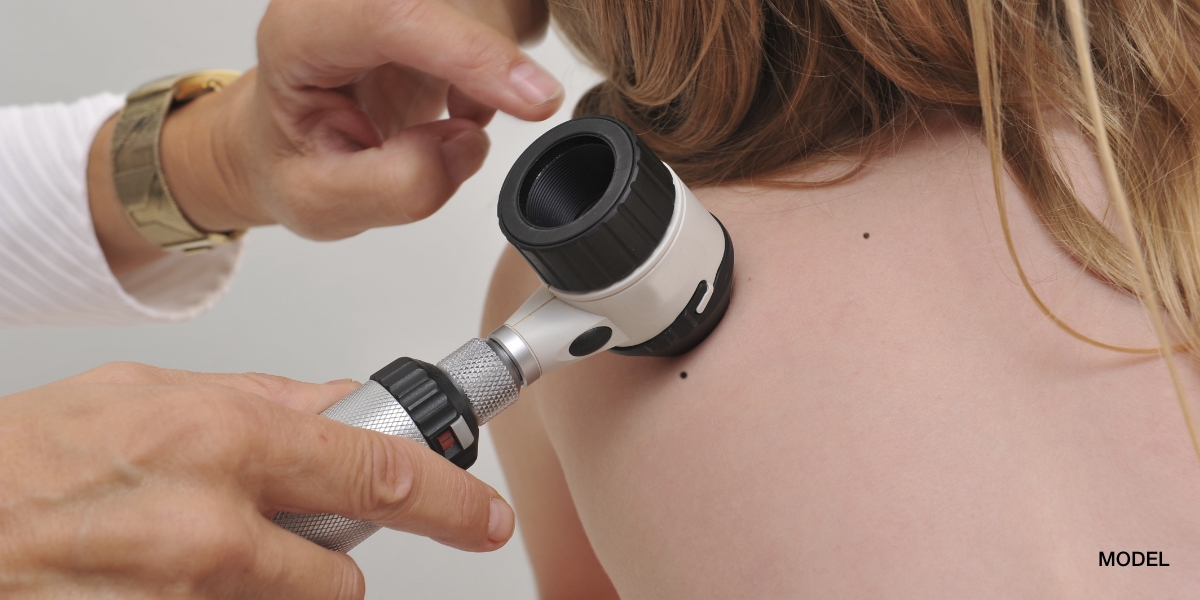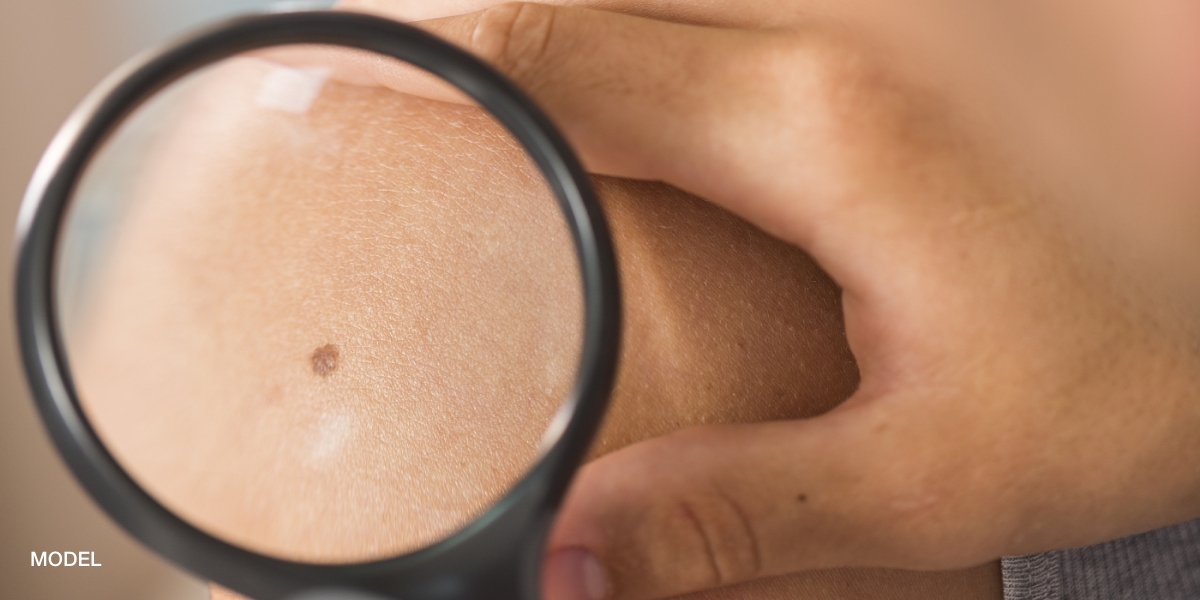
Chances are, you’ve heard of or at least seen a picture of someone with rosacea. This chronic, inflammatory skin condition affects approximately 14 million Americans – and the condition only gets worse if left untreated.
What you may not know, though, is if you’re at risk for developing rosacea. To help you figure it out, dermatologist Dr. Perri has put together this list of 6 risk factors of rosacea.
- Gender
Rosacea tends to affect more women than men. That means that females are more likely to develop the condition than their male counterparts. However, men aren’t completely off the hook. Dermatologists frequently find that men who develop rosacea usually have a more severe case than women typically exhibit.
- Age
With so many health conditions that we can develop as we get older, it doesn’t seem fair that dermatological issues are something we need to worry about, too. But unfortunately, that is the case. Rosacea is a skin condition that dermatologists typically diagnosed in adults between the ages of 30 to 60 years old. It is also very common for women to begin displaying signs of this skin condition as they enter menopause.
- Family history
If rosacea tends to run in your family, there’s a good chance you’ll develop it, too. Many dermatologists believe rosacea is an inherited condition because it usually affects several members of the same family.
- Fair Skin
Anyone can develop rosacea, regardless of their skin color. But it does occur more frequently on men and women who have fairer skin. And of course, the lighter your skin tone, the more noticeable rosacea is, too.
- Sun exposure
Dr. Perri warns his patients that sun exposure can not only cause a sunburn but rosacea as well. It’s believed that in addition to burning the skin, unprotected sun exposure causes damage to the blood vessels underneath the facial skin, too.
- History of acne
Whether you’ve experienced severe acne in your teens, or are breaking out now as an adult, you’re at a higher risk of getting rosacea, too. This is especially true if your case of acne was or is accompanied by cysts.
What Causes Rosacea?
While dermatologists have narrowed down the risk factors of getting rosacea, they don’t know the exact cause of this skin condition. They do know, however, that there are several things that can trigger rosacea.
Other factors make rosacea symptoms worse. The medical community is aware that certain food, like dairy products or very spicy foods, make a person’s case of rosacea appear more pronounced.
What Should You Do If You Have Rosacea?
If you suspect you have Rosacea, you should visit Dr. Perri at Perri Dermatology for an evaluation. At this appointment, he can diagnose you, as well as suggest treatment options, which may include:
- Topical medications to reduce your facial inflammation and redness
- Oral antibiotics to take advantage of their anti-inflammatory properties
- Accutane treatment to stop the production of oil by the sebaceous glands
- Laser treatment if you display visible blood vessels
To find out what options are best for you, schedule an appointment at Perri Dermatology at (281) 943-2749.




